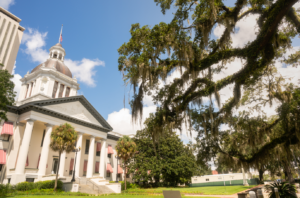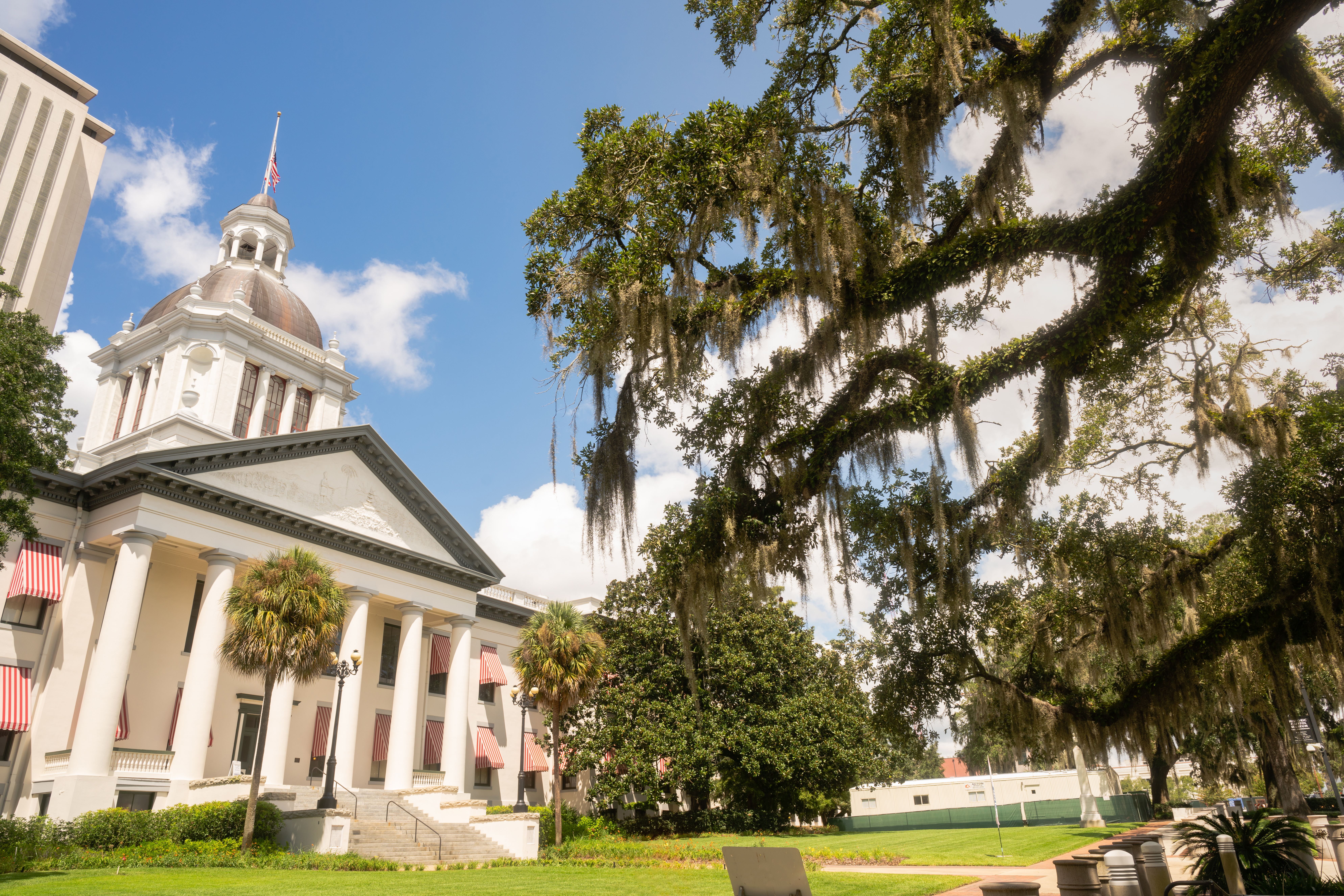BLOG
Condominium safety reforms were very much in the spotlight during this year’s regular session following the unforgettable tragedy in Surfside, Florida. Though legislators could not agree on legislation pertaining to safety reforms during the regular session, they successfully did so during a special session. In a surprising move, Senate Bill 4-D unanimously passed in both the House and Senate and was recently signed into law by the Governor. The following are the key takeaways from the 88-page bill:
The “Milestone Inspection”
- Florida has now imposed a state-wide structural inspection program for condominium and cooperative associations that are three (3) stories or more in height defined as a “milestone inspection.”
- Community association managers or management companies contractually hired by a condominium association that is subject to this inspection must comply with this section as directed by the board.
- Milestone inspections must be performed by December 31 of the year in which the building reaches 30 years in age, based on the issue date of the building’s certificate of occupancy, and every 10 years thereafter. Buildings located within 3 miles of the coastline must perform a milestone inspection by December 31 of the year in which they reach 25 years in age, and every 10 years thereafter. Buildings with a certificate of occupancy that was issued on or before July 1, 1992 must have the initial milestone inspection performed before December 31, 2024.
- Condominium and cooperative associations are responsible for the scheduling and costs associated with the milestone inspection.
- Milestone inspection means a structural inspection of a building’s load-bearing walls and primary structural members/systems.
- Milestone inspections must be performed by a Florida licensed engineer/architect who must attest to the life safety and adequacy of structural components of the building. To the extent that it’s reasonably possible, the inspection must determine the general structural condition of the building as it affects the safety of building, such as necessary maintenance, repairs and replacements of structural components.
- “Substantial structural deterioration” is described as substantial structural distress that negatively affects the building’s general structural condition and integrity.
 Milestone inspections will consist of two phases:
Milestone inspections will consist of two phases:
-
- Phase one — Visual examination of habitable/nonhabitable areas of building. If there are no signs of structural deterioration found, phase two is not required.
- Phase two — If substantial deterioration is found during phase one, phase two may involve destructive or nondestructive testing at the inspector’s discretion. This additional inspection may be as extensive or limited as necessary to fully assess areas of distress.
- Architect/engineer who performed inspections must submit a sealed copy of the inspection report and findings to both the association and appropriate local building official
- Local enforcement agencies will provide buildings required to comply with this law notice of required inspection by certified mail.
- Upon receiving notice, condominium/cooperative associations will have 180 days to complete phase one of the inspection.
The Report
- Engineer/architect performing the report must indicate manner and type of inspection.
- Within reasonable professional probability, engineer/architect must describe extent of deterioration and identify recommended repairs.
- Report must state whether unsafe/dangerous conditions were observed.
- Provide recommendations on any remedial/preventative repairs for damaged items that are not considered substantial structural deterioration
- Identify/describe any items requiring further inspection.
- Association must distribute copy of inspector-prepared summary of the inspection report to each unit owner by mail, personal delivery (or email for owners that have consented to receive electronic correspondences); must post copy in a conspicuous location on property; must publish report on website, if the association is required to have a website.
- Local enforcement agencies may prescribe timelines for necessary repairs.
- Local ordinances may be adopted requiring repairs for substantial deterioration repairs to commence within a specified timeframe.
- Associations must commence repairs for substantial deterioration within 365 days after receiving report and must submit proof to appropriate local enforcement agency.
- Associations that fail to comply with the required timeframe for repairs are subject to further review by the local enforcement agency which will determine if building is unsafe for human occupancy.
- A copy of this report is considered an official record, are open to inspection by association members/authorized representatives and must be kept by the association for 15 years.
- Renters may inspect and copy inspection reports.
The “Structural Integrity Reserve Study”
- Must be completed for buildings three (3) stories or higher in height every 10 years, and must be completed by December 31, 2024 for associations existing on or before July 1, 2022 which are controlled by unit owners.
- Developers must perform this study before turning association over to unit owners.
- May be performed by any person qualified to perform such study. However, visual inspection portion of study must be performed by licensed engineer/architect.
- Must identify the common areas being visually inspected, state the remaining expected useful life and replacement costs and provide a recommended annual reserve amount that achieves the replacement or deferred maintenance costs of elements being visually inspected by the end of remaining useful life.
- Regarding reserves, the amount to be reserved for an item will be determined by the most recent structural integrity reserve study.
- Effective December 31, 2024, members may not vote to waive reserves, provide less reserves, or use reserves for any purpose other than their intended purpose for the following items:
- Roof
- Load-bearing walls or other primary structural members
- Floor
- Foundation
- Fireproofing and fire protection systems
- Plumbing
- Electrical systems
- Waterproofing and exterior painting
- Windows
- Any other items requiring replacement/repair costs that exceed $10,000 and the failure to replace or maintain the item negatively affects the above items as determined by a licensed engineer/architect.
- Developer-controlled associations may not vote to waive reserves or reduce funding of the reserves.
- Associations that fail to complete a structural reserve study or the mandatory Milestone Inspection will be in breach of the officers’ and directors’ fiduciary relationship to the unit owners.
- A copy of this study is considered an official record, is open to inspection by association members/authorized representatives and must be kept by the association for 15 years
Additional Requirements
- On or before January 1, 2023, condominium and cooperative associations existing on or before July 2, 2022 must provide information to the Division in writing by email or mail including:
- Number of buildings on property that are three stories in height or higher
- Total number of units in such buildings
- Address of such buildings
- Counties in which buildings are located
- Any changes to the abovementioned information within six (6) months after the change
- Prospective buyers/lessees are entitled to receive a copy of the inspector-prepared summary of the milestone inspection report and the most recent structural integrity reserve study.
Condominium and cooperative associations that are subject to comply with these requirements are encouraged to contact us for further clarification. Please note that this is simply a general summary of the most critical components of this new legislation. Click here to read the complete bill.


